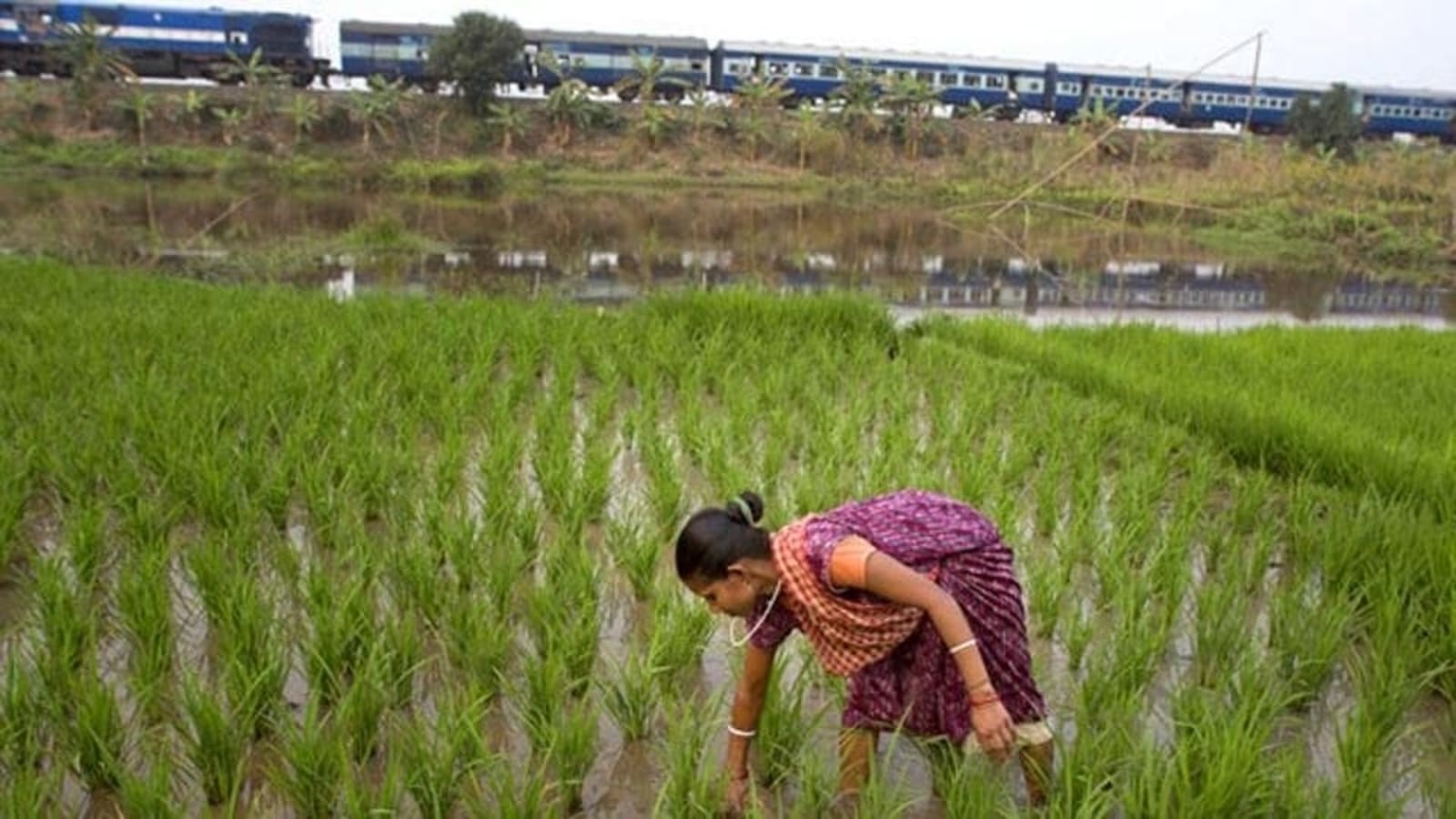The agricultural industry is not new in India and has been the backbone of the Indian economy for a very long time. With technology advances, unpredictable climate changes, and sustainable practices, farming in India is the main enterprise that is developing quickly and it opens diverse and rewarding career opportunities.
Understanding a proper combination of the various career paths within Indian agriculture along with the basic education and training, the necessity of practical experience, and the future trends that are melding this worthiest sector is crucial.
Overview of degrees, certifications, and training programs in Agriculture
Studying for a profession in agriculture in India is often based on formal education and training. There are many different degrees, certificates, and training programs available for people in different roles in the sector:
Degrees,
Bachelor's degrees: Some of the most popular fields of study that are covered in the undergraduate programs include B.Sc. in Agriculture, Horticulture, Forestry, and Animal Husbandry. In these programs, students are given foundational knowledge in combination with practical skills.
Master's degrees: Taught at advanced levels such as M.Sc. in Agronomy, Agricultural Economics, or Plant Pathology this stage provides students with specific skillsets for research.
Doctoral degrees: Doctoral studies in Agriculture Sciences are the best option for those who have a linkage to the research, teaching, and scientific sectors.
Certifications and training programs:
Organic Farming Certification: This certification is the initiative of development enters including the National Center of Organic Farming (NCOF) with the intention of recognizing sound knowledge and know-how in how organic farming be done.
Agricultural Science Centres (KVKs): These agricultural extension centers provide training and information on modern agricultural techniques and act as the catalyst to implement green farming initiatives.
National Skill Development Corporation (NSDC): Offers vocational training programs in agriculture and allied sectors.
Online courses: Platforms like NPTEL and SWAYAM offer online courses on various agricultural topics, allowing for flexible learning schedules.
Importance of internships, apprenticeships, and practical experience
In agriculture, hands-on experience is invaluable. Internships, apprenticeships, and other practical experiences provide critical exposure to real-world challenges and operations:
Internships: Many universities and agricultural companies offer internship programs where students can work on farms, in research labs, or with agribusiness firms. These internships provide practical experience, networking opportunities, and a chance to apply theoretical knowledge.
Apprenticeships: Apprenticeships involve working under the guidance of experienced professionals, offering in-depth learning in specific areas like animal husbandry, crop production, or agricultural engineering.
Field experience: Participating in fieldwork, whether through university programs or independent projects, helps build essential skills and a deeper understanding of agricultural practices.
Future trends and emerging opportunities
Here are some future trends and emerging opportunities:
Precision agriculture: Using GPS, drones, and IoT devices to optimize crop yields and resource use. Careers in this area include precision agriculture specialists and data analysts.
Sustainable agriculture: As the demand for environmentally friendly farming practices grows, so do opportunities in organic farming, agroforestry, and permaculture design.
Biotechnology: Genetic engineering and biotechnology are opening new avenues in crop improvement and pest resistance. Careers here include biotechnologists and genetic engineers.
Agribusiness and agri-tech: Combining agriculture with business and technology, roles such as agribusiness managers and agri-tech entrepreneurs are becoming increasingly important.
The impact of climate change on agriculture and new career opportunities:
Climate change is significantly impacting agriculture in India, creating both challenges and opportunities:
Climate-smart agriculture: Developing and implementing practices that increase resilience to climate change. Roles include climate adaptation specialists and sustainable agriculture consultants.
Water management: Efficient water use is critical as water scarcity becomes a more pressing issue. Careers in irrigation management and water resource engineering are in demand.
Renewable energy: Integrating renewable energy sources, such as solar and wind, into agricultural operations. This opens up opportunities for renewable energy technicians and consultants specializing in agricultural applications.
How aspiring designers can transform their productivity using Generative AI
Conclusion
The agricultural sector in India offers a wide array of career opportunities, driven by both traditional practices and innovative advancements. With the right education, training, and hands-on experience, individuals can embark on rewarding careers that contribute to national food security, sustainability, and economic development.
(Author Govind Narayan Singh is Secretary at the Gopal Narayan Singh University. The views expressed are personal.)




